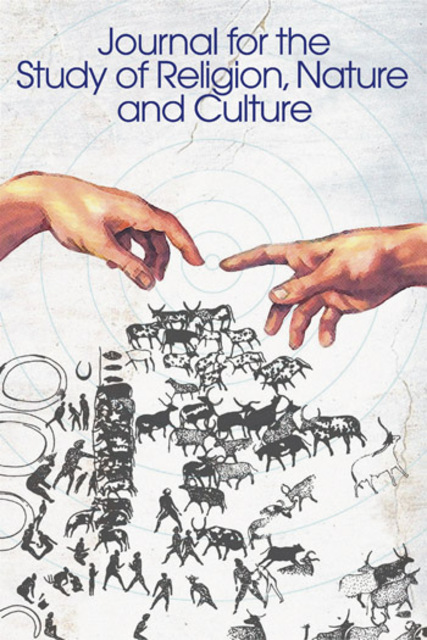Natural Disasters as Moral Lessons: Nazianzus and New Orleans

Full description
In the fourth century, Gregory of Nazianzus argued that cattle plague, drought, hailstorms, and crop loss in Nazianzus were caused by the unrighteous activity of the city’s residents. In 2005, evangelical leader Pat Robertson raised the possibility that the disaster of Hurricane Katrina was a direct result of the fact that ‘we have killed over 40 million unborn babies in America’. One year later, African American humanist Anthony Pinn wrote that the aftermath of Katrina was a moral indictment of the oppressive structures inherent in U.S. society. Though separated by time and ideology, these three claims share the assumption that religious and moral lessons can be learned from natural disasters. We analyze these responses in order to demonstrate how religious interpretations of disasters can move from a common assumption to widely diverse moral arguments, and to urge that scholars provide more historical and theological context when analyzing religious claims about natural disasters.
- typeImage
- created on
- file formatjpeg
- file size107 KB
- container titleJournal for the Study of Religion, Nature and Culture
- creatorAnna Duke, Brenda Llewellyn Ihssen, Kevin J. O'Brien
- issnISSN: 1749-4915 (online)
- issue6.1
- publisherEquinox Publishing Ltd.
- publisher placeSheffield, United Kingdom
- doi
We use cookies to analyze our traffic. Please decide if you are willing to accept cookies from our website. You can change this setting anytime in Privacy Settings.
